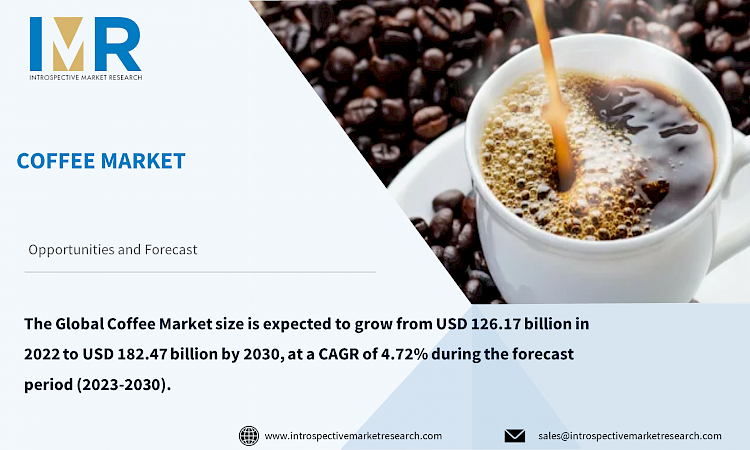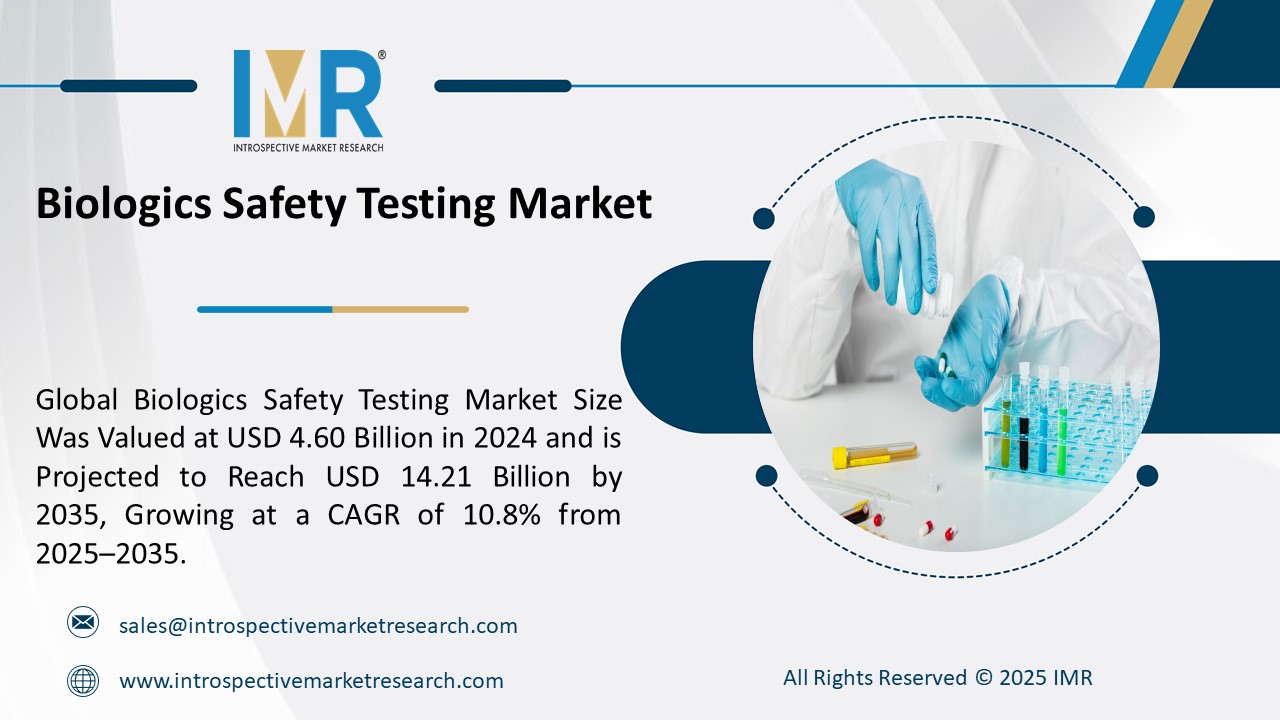
Market Overview:
The Global Coffee Market size is expected to grow from USD 126.17 billion in 2022 to USD 182.47 billion by 2030, at a CAGR of 4.72% during the forecast period (2023-2030).
Coffee is one of the most popular beverages around the globe, due to which coffee bean is the second most highly traded commodity in the global market after petrochemical products. More than 25 million farmers are involved across the world to produce coffee in more than 50 different countries. The quality, efficiency, and diverse choices offered in a single serving of coffee are responsible for the growth of the market studied. Arabica is the most-produced coffee in the world, followed by Robusta. Hence, key players are coming up with product innovations, mainly related to Arabica coffee. In developed economies, some consumers are expected to switch from instant coffee to more premium options, in terms of quality and flavor. Instant coffee was once attributed to a high-end product.
Top Key Players for Coffee Market:
Nestle SA, JAB Holding Company, The Kraft Heinz Company, Strauss Group Ltd, Starbucks Coffee Company, The J.M. Smucker Company, Luigi Lavazza SPA, The Coca-Cola Company, Tata Global Beverages, Tchibo GmbH, and other major players.
Market Dynamics and Factors for Coffee Market:
Drivers:
The Surge In Demand For Certified Coffee Products
Certified coffee products are produced from where their purchases are coming from. This is relevant, especially in the condition of the supply chain of food and beverages, including coffee. Therefore, consumers are eagerly looking for certified coffee products to ensure the credibility of their purchase. Consumers' concerns about poverty, social injustice, and environmental destruction have driven a growing market for 'sustainability' brands and labels in the food and beverage market.
Opportunities:
Health Trends And Functional Coffee Spotting In Coffee Beverages
Healthy drinking is a major trend in engaging global coffee consumers. Coffee is also one of the functional beverages that are available with witnessed health benefits. Various coffee types are introduced in the market to serve the vast consumer base spread across the world. Owing to health consciousness, consumers are increasingly becoming aware of the available functional drinks, thus driving the market for coffee in the hot segment. Concerning the growing trends of functional drinks, consumers purposely want to purchase coffee that claims to provide health benefits. Henceforth, the leading companies are infusing nutrients, like vitamins, minerals, probiotics, antioxidants, and energy boosters, into their coffee products.
Segmentation Analysis of the Coffee Market:
- By Type, instant coffee occupied the largest market share with a value of USD 40.69 billion in 2020. By type, the fastest-growing segment was coffee pods and capsules, and this segment may register a high CAGR during the forecast period. The rising demand for coffee in hotels, restaurants, and office cafeterias is one of the primary factors driving the growth of the whole-bean coffee segment.
- By Distribution Channel, off-trade accounted for the largest share of 83.50% in 2020. Further, in the off-trade segment, supermarkets/hypermarkets accounted for the largest market share in 2020, it is estimated to be followed by convenience stores, which may witness a high CAGR during the forecast period. On-trade distribution channels, like cafes and bars, are growing, as more people across the world are consuming coffee at coffee shops, restaurants, and workplaces.
Regional Analysis of the Coffee Market:
Europe held the major share in the global coffee market, with a value of USD 40.90 billion in 2020, and it is expected to record a high CAGR during the forecast period. Germany is the largest coffee-consuming country in Europe, with a per capita coffee consumption of nearly 6.5 kg. It is also the most prominent European importer of green coffee beans. The strong demand for freshly brewed coffee is driving the sales of the market study. Moreover, the availability of pods and pod machines has increased significantly over the last few years. Fresh coffee pods are now available in several retail outlets, both online and offline, which, in turn, is supporting the market growth in the Rest of Europe.
Key Industry Development:
In February 2020, Starbucks introduced ready-to-drink Starbucks Nitro Cold Bew cans in collaboration with PepsiCo Inc. The drinks are available in various varieties such as black, vanilla sweet cream, and dark caramel, and they are filled with nitrogen gas.
In November 2019, leading key player Luigi Lavazza SPA introduced total compostable coffee pods with packaging, designed by the path. The company targeted to remove its entire range of aluminum capsules with new trends such as eco-friendly ones, by the end of the year with the same cost.
- The U.S.
- Canada
- Mexico
- Russia
- Bulgaria
- The Czech Republic
- Hungary
- Poland
- Romania
- Rest of Eastern Europe
Western Europe
- Germany
- UK
- France
- Netherlands
- Italy
- Spain
- Rest of Western Europe
Asia Pacific
- China
- India
- Japan
- Singapore
- Australia
- New-Zealand
- Rest of APAC
Middle East & Africa
- Turkey
- Saudi Arabia
- Qatar
- UAE
- Israel
- South Africa
South America
- Brazil
- Argentina
- Rest of SA





